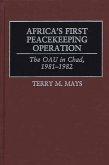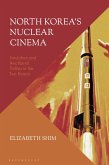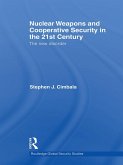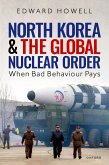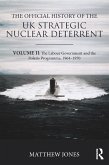In an unanticipated flurry of atomic weapons testing-a total of 10 tests over 20 days in 1998-India and Pakistan announced to the world their emergence as full-fledged nuclear powers. How, Nizamani asks, did nuclear escalation come to dominate the agendas of both nations? In a comparative analysis, Nizamani reveals the political underpinnings of nuclear weapons development, arguing that Indian and Pakistani nuclearization is linked to processes of national formation.
Working within the Critical Security Studies framework, Nizamani traces the development of nuclear discourses in India and Pakistan from early nationhood to the present. Nizamani defers conclusive identification of real or objective national threats, and instead examines the historical specificities and internal tensions of the dominant Indian and Pakistani security discourses. Additionally, Nizamani provides an overview of anti-nuclear dissent in South Asia.
Working within the Critical Security Studies framework, Nizamani traces the development of nuclear discourses in India and Pakistan from early nationhood to the present. Nizamani defers conclusive identification of real or objective national threats, and instead examines the historical specificities and internal tensions of the dominant Indian and Pakistani security discourses. Additionally, Nizamani provides an overview of anti-nuclear dissent in South Asia.



